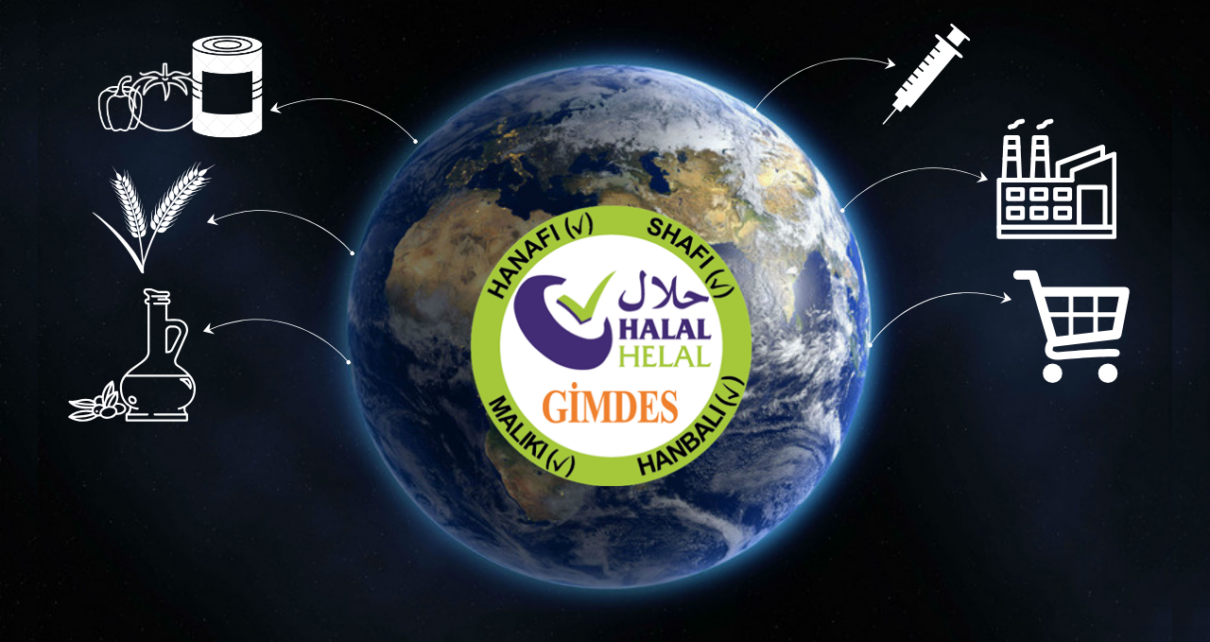Bandar Seri Begawan
– Poultry production in Brunei has been steadily on the rise over the
past 15 years, giving rise to talks about exporting chicken.
‘We
are planning to do so (export chicken) because of the potential that
Brunei has,” said a source from the Agriculture Department. “We are now
in negotiations with Singapore on how to start exporting. However, we
must comply with all Singapore requirements first, such as their
biosecurity measures, legislation and so on.”
Of
the total consumption of chicken in Brunei, domestic production
accounted for only 32 per cent in 1992, but this soared to 61 per cent
in 1997 and 76 per cent in 1998, according to official government
statistics.
In 2006, local poultry farmers grabbed 95.6 per cent of the domestic market for chicken products.
Local
chicken farmers appreciate the government’s efforts to make the export
ambition a reality, but there remain a number of challenges to
overcome.
Brunei indeed has the potential to export chicken.
An
expert from the industry says that he feels that there is a possibility
of poultry export, said a general manager of one of the leading chicken
farms in Brunei. However, Brunei cannot compete in terms of pricing, he
said, requesting not to be named.
“Some
of the major exporters of halal chicken are Brazil, China and Thailand,
and the landed cost that Brazil had a year ago when exporting to Jeddah
was about $2.62 (per kilogramme),” he said.
“Our
production cost is already about $2, excluding shipping and other
related costs. With the mean rates of import being 15 per cent of the
(export) cost of the product, our total cost per kilo not including
profit is about $2.99. So how can we compete?” he said.
The
negotiation process with Singapore has not yet reached the stage where
costs are discussed, but most likely this will be taken up between the
exporter and the buyers in Singapore, the source from the department
said.
Asked
if pricing concerns will stand in the way of exporting chicken, the
source said: “Export is not out of the question but we are still
exploring the niche market and the means (to achieve that) …
possibility.
“We
can try to export, but not to the mass Muslim market of the Middle
East. We can target European countries like the United Kingdom or
France, where the spending power is higher, but with that also comes
challenges,” he added.
“To
fully comply to halal standards, the animal has to be alive when
slaughtered. However, EU standards do not allow animal slaughter due to
their strict animal rights stance,” he said, adding that EU standards
require poultry to be stunned before slaughter.
“Another
EU standard that we must comply with before we are granted the right to
export to Europe is that EU standards do not allow the import of
poultry that has been fed antibiotics,” he said. It is a common
practice in Brunei and many countries to use anti-biotics on their
livestock to heal sick animals, he added.
“We
restrict the intake and the dosage according to the age and the
livestock is given a withdrawal period before they are slaughtered, but
Europe prohibits the use of anti-biotics completely,” he said.
The price of producing chicken locally has started to increase due to increases in chicken feed prices.
‘We
are currently absorbing the cost of producing chicken locally because
the government says that if we increase the price of chicken according
to the price of chicken feed then they might start to allow imports
again,” he said.
The price of feed went up by 40 per cent from $25 per 50kg in January 2007 to nearly $40 per 50kg now.



